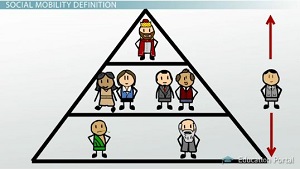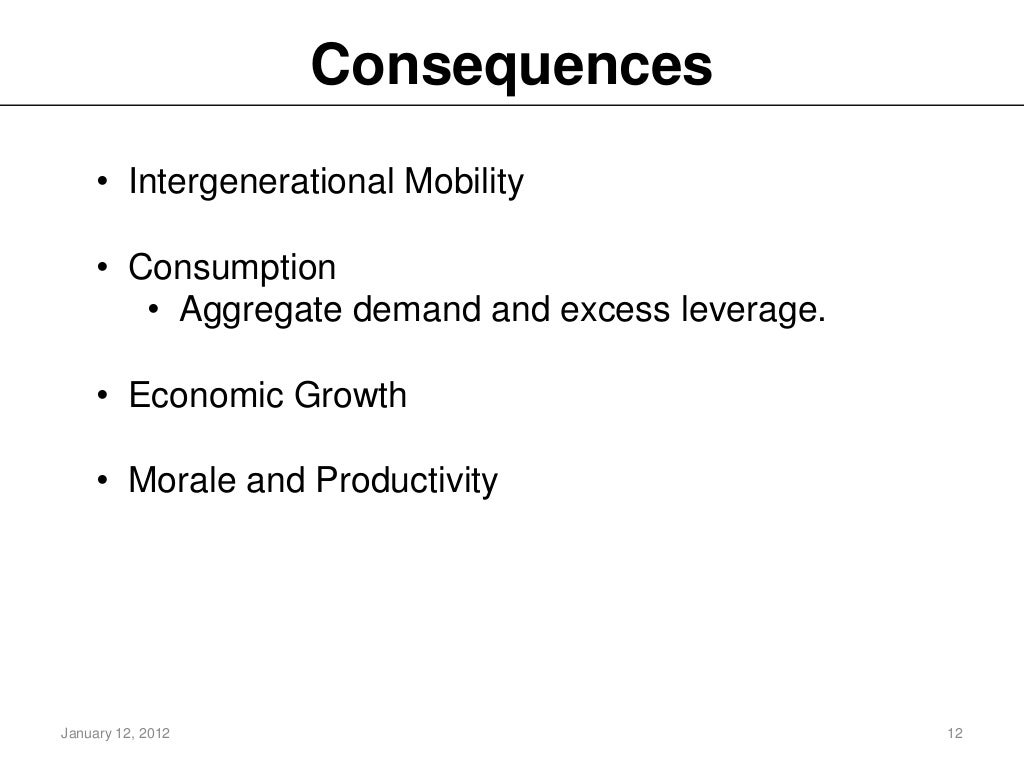

For instance, it is typical to hear politicians refer extensively to social mobility and the positive aspects associated with a more socially mobile society. These two sides of the same coin have generally characterised the political and academic debate on social mobility. On the other, relatively more negative hand, the existence of a system of group elites who transfer their advantageous position to their children reflects a fundamental form of inequality. On one, relatively more positive hand, social mobility reflects the opportunity to move up the social ladder: if individuals from a poor background end up in a higher rank on the social ladder, that suggests that opportunities were open to them. Who one’s parents are is perhaps the circumstance over which people have least choice that is why the link between the economic conditions of individuals and those of their parents, referred to as intergenerational social mobility, is often considered to be a strong indicator of equality of opportunities. Indeed, recent evidence from the World Bank suggests that income inequalities are widespread while income growth for the bottom 40 per cent of the population in Africa has not been comparable to that in other regions (Bank, Citation2018). This welcome and unprecedented performance in the continent’s history, however, begs the typical distributional question of whether the positive developments have been equally shared and have led to better outcomes and opportunities for all its citizens. Typical references to the Asian growth miracle have been replaced with references to an African growth miracle (Young, Citation2012). The population living in extreme poverty has declined by 13.2 percentage points to 41 per cent between 19.

The resulting social and economic progress has been reflected, for instance, in primary school enrolment rates in sub-Saharan Africa of 97.3 per cent in 2016, a 20 percentage points increase since 1990 an increase in the proportion of children who completed primary education from 51 to 70 per cent an increase in adult literacy from 52.2 to 64.4 per cent over the same period, as well as an increase in life expectancy from almost 50 to 65 per cent. Many African countries have undergone a sustained period of reform and expansion of the public sector since the 1990s. Intergenerational educational mobility is less pronounced for daughters than for sons and mother’s education is generally more strongly associated with children’s educational attainment than fathers’ education. Those in the Southern and Central African region and those with historical links to former British colonies experience relatively higher intergenerational mobility in education. We also find that there are considerable differences between countries and by gender. We find that the educational status of parents is a strong determinant of their children’s educational outcomes, but the strength of this link has diminished in Africa between 19, particularly since the 1980s. We employ both transition probability matrices and regression-based estimates of intergenerational elasticities and correlation coefficients. I suggest that the association between mobility and inequality is likely spurious, driven by varying institutional arrangements across countries, and that mobility analysis is most useful when focused on describing the bivariate intergenerational association across countries and over time.Using nationally representative survey data from 34 countries, we assess the extent of intergenerational educational mobility for three-quarters of Africa’s population, over four decades and by gender. I then move to topics that push mobility analysis beyond its bivariate focus: The association between intergenerational mobility and economic inequality, the mechanisms for mobility, and the validity of mobility as a measure of inequality of opportunity. This article provides an overview of the different measures of mobility used by sociologists and economists, as well as main empirical findings about mobility. Intergenerational mobility-the association between parents’ and adult children’s economic wellbeing-is an important sociological concept because it provides information about inequality of opportunity in society, and it has gained relevance in the recent past due to the increase economic inequality in most of the affluent world.


 0 kommentar(er)
0 kommentar(er)
